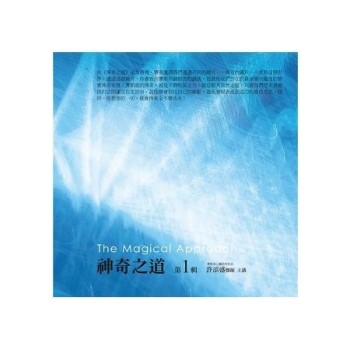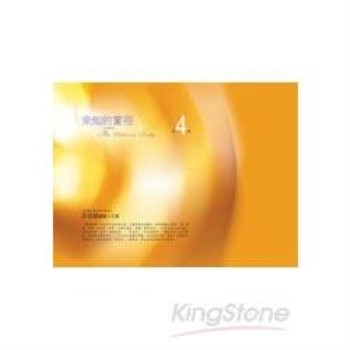This volume brings together current research in theoretical syntax and its interfaces in the Polynesian language family, with chapters focusing on Hawaiian, MÄ ori, Niuean, Samoan, and Tongan. Languages in this family present multiple characteristics of particular interest for comparative syntactic research, and in recent years, data from Polynesian languages has also contributed to advances in the fields of prosody and semantics, as well as to the study of parametric variation. The chapters in this volume offer in-depth analyses of a range of theoretical issues at the syntax-semantics and syntax-prosody interfaces, both within individual languages and from a comparative Polynesian perspective. They examine key topics including: word order variation, ergativity and case systems, causativization, negation, raising, modality and superlatives, and the left periphery of both the sentential and nominal domains. The findings not only shed light on the theoretical typology of Polynesian languages, but also have implications for linguistic theory as a whole.
| FindBook |
有 1 項符合
Polynesian Syntax and Its Interfaces的圖書 |
 |
Polynesian Syntax and Its Interfaces 出版社:Oxford University Press, USA 出版日期:2021-10-12 語言:英文 規格:精裝 / 352頁 / 普通級/ 初版 |
| 圖書館借閱 |
| 國家圖書館 | 全國圖書書目資訊網 | 國立公共資訊圖書館 | 電子書服務平台 | MetaCat 跨館整合查詢 |
| 臺北市立圖書館 | 新北市立圖書館 | 基隆市公共圖書館 | 桃園市立圖書館 | 新竹縣公共圖書館 |
| 苗栗縣立圖書館 | 臺中市立圖書館 | 彰化縣公共圖書館 | 南投縣文化局 | 雲林縣公共圖書館 |
| 嘉義縣圖書館 | 臺南市立圖書館 | 高雄市立圖書館 | 屏東縣公共圖書館 | 宜蘭縣公共圖書館 |
| 花蓮縣文化局 | 臺東縣文化處 |
|
|
圖書介紹 - 資料來源:博客來 評分:
圖書名稱:Polynesian Syntax and Its Interfaces
內容簡介
作者簡介
Lauren Clemens, Assistant Professor in the Department of Anthropology, Program in Linguistics and Cognitive Science, University at Albany, State University of New York, Diane Massam, Emeritus Professor, Department of Linguistics, University of Toronto
|











